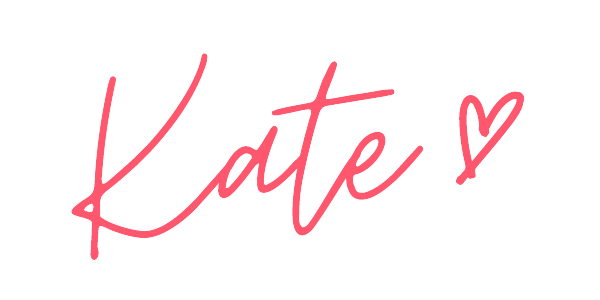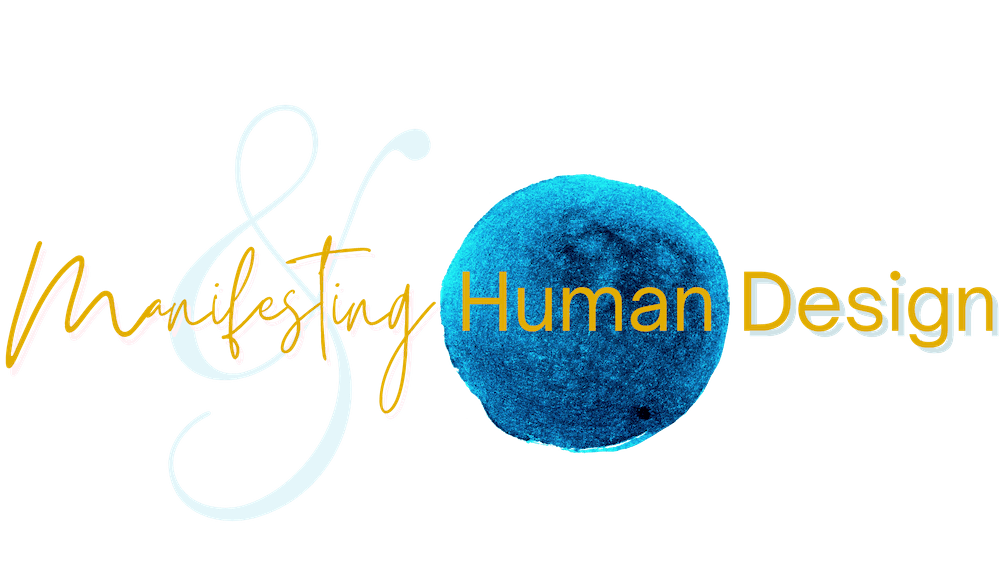Are you looking for a free natal chart calculator? Choose from our range of free birth chart calculators and optional reports.

We may earn a small commission from the affiliate links in this post, at no extra cost to you.
What is a Natal Chart Calculator?
Based on your date of birth and other birth data, a birth chart calculator produces a visual representation of the position of the planets at the exact moment and place of birth, in the form of your own natal chart.
Note in the context of astrology, planets refer to various celestial bodies and not necessarily the astrologically recognised planets. Learn more in our post about planets in Human Design.
When using a natal chart calculator, aim to use your exact birth time for the most accurate analysis.
When using a natal chart calculator, it’s best to use your exact birth time for the most precise natal chart. You can find the required birth details, including hour of birth on your full birth certificate.
If you don’t have access to accurate data for the location of your birth then the closest possible estimate will help for the most accurate birth chart analysis.
Which Birth Chart Calculator is Right For You?
Below you’ll find information about the different astrology calculators we have available, and what information each one produces.
Whether you’re interested in your own Human Design, Vedic, or Western astrology chart, or a compatibility chart to gain insight into romantic relationships, we have a birth chart calculator for you.
What Can You Learn From a Birth Chart?
Depending on which calculator you use, you can find information about your different signs. The most commonly used sign of the zodiac is the sun sign, so-called because it is worked out according to the position of the sun at the exact time of birth.
As well as looking at your sun sign, it can also be valuable to read the astrological houses of your personal chart.
Different zodiac signs which are also useful to look at include your rising or ascendant sign, which is the astrological sign on the eastern horizon at the exact time of your birth.
There are several different aspects of astrology, and as you get deeper into interpreting chart patterns, in addition to the popular sun sign, it can also be interesting to learn more about what the modality offers. For example, you may be interested in learning about:
- Relationships in astrology
- A different house system
- Vedic astrology
- Rising sign
- Moon sign
- Cusp sign
- Planets
- Houses
Reading the Houses on a Tropical Zodiac Chart
The arrangement of the houses is determined by the planets’ positions.
It can be valuable to read the astrological houses of your personal chart as another dimension of natal astrology.
To do this, look at the 360 degree wheel graphic of a zodiac chart. The natal chart is divided into 30° segments, with the different houses arranged around the outer circle.
The arrangement of the houses is determined by the placement of the planets on the individual’s birth chart.
The houses of the zodiac represent different areas of life.
Your first house straddles the 9 o’clock position, or sits just on top (so between 9 and 10 o’clock). Look at what zodiac sign occupies the first house of your natal chart report, and then read counterclockwise to determine subsequent houses and their assigned signs.
The houses of the zodiac represent different areas of life, with each corresponding sign influencing how those areas of your life are experienced. Note that layout of houses differs in Vedic astrology charts (read more in the post about the subject below).
Free Natal Birth Chart Calculator & Astrology Reports
Below you'll find a variety of free natal chart calculators for:
- Human Design charts
- Human Design composite charts
- Astrology birth charts
- Sun and moon signs
- North Node and South Node birth charts
- Synastry astrology charts
- Vedic astrology charts
In addition you'll also find options to purchase personalised reports, if this is of interest.
Human Design Chart Calculator
Discover your Human Design aura type and learn about your authority and strategy, to gain guidance for living your genetic life purpose.
Human Design Composite Chart Calculator
Use our Human Design composite chart to understand how your and your partner's defined energy centers and channels influence your relationship.
Find Your Moon Sign With a Free Astrology Calculator
A free calculator to determine your moon sign, plus how to interpret each different moon sign and what they represent.
South and North Node Calculator
Use this free calculator to discover your North and South nodes and what they mean for your life purpose. The chart you create will also tell you your rising sign, or ascendant sign.
Synastry Chart Calculator
Create a synastry chart for the important relationships in your life, and learn how to read and interpret the information to gain valuable insight.
Vedic Chart Calculator
Learn about Vedic astrology, create both a South and North Indian Vedic astrology birth chart, and learn how to read and interpret them. The chart created will tell you the sign of your ascendant, as well as your sun sign and moon sign.
What Does the Science Say?
Astrology is hugely popular, but is there any evidence that it’s real?
Not really.
The popularity of horoscopes is likely due to the Barnum effect.
Based on the results of several empirical studies in 19901 and 20032, astrology is rejected by the scientific community. Any research which does appear to support the modality can be explained as ‘self-attribution bias’ – which basically means people believe it because they want to.
Why, then, do horoscopes and astrology remain so popular?
It’s very likely because of the Forer effect, also known as the Barnum effect.
The Forer effect comes from a ‘self-validation’ study conducted by psychologist Bertram Forer in 19483. He had students complete a personality test, and then asked them to score the description of their personality, which was supposedly based on the results, for accuracy.
The average score was 4.26; a significant result – especially given that the descriptions received by participants were actually identical.
So how does this phenomenon work?
In large part it’s from participants buying into the idea and attributing weight to those descriptions, through personal interpretation.
Essentially, the zodiac is a fun and harmless modality for those with their eyes open.
But there’s a secondary element at play: a clever device utilised in horoscopes where the writing is kept deliberately vague enough that it can be easily applied to whoever reads it.
In fact, the description presented to those students in Forer’s study was itself created from horoscopes – a perfect demonstration of how effective the trick is!
Ultimately, if those reading their horoscopes understand the mechanics involved, then the zodiac is a fun and essentially harmless modality.

Sources
- McGrew, J.H., & McFall, R.M. (1990). A Scientific Inquiry Into the Validity of Astrology.
- Dean, Geoffrey O. & Kelly, Ivan W. (2003). Is astrology relevant to consciousness and psi? Journal of Consciousness Studies 10 (6-7):175-198.
- Forer, B. R. (1949). The fallacy of personal validation: a classroom demonstration of gullibility. The Journal of Abnormal and Social Psychology, 44(1), 118–123. https://doi.org/10.1037/h0059240






